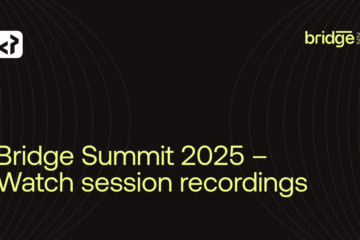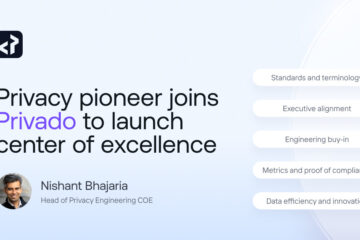Hello there! Have you heard about our groundbreaking new feature in privacy technology? We’ve introduced an industry-first tool that harnesses the power of Generative AI (GenAI) to automatically identify and describe processing activities in software applications. This is a game-changer for privacy teams who often spend countless hours creating Records of Processing Activities (ROPA) reports for GDPR compliance.
The real challenge lies in identifying all the personal data elements processed by an application and then explaining each activity that uses that data and for what purpose. It’s a tedious and time-consuming process that usually involves developers reviewing thousands of data points within an application.
But with our new AI-powered feature at Privado, we not only identify the personal data being processed but also write out descriptions for each processing activity across all products and applications. This means we can automate RoPA reports to the point where developers no longer need to be directly involved.
The response to our announcement has been overwhelmingly positive, with customers expressing excitement and curiosity about the details. They want to know more about how our GenAI technology governs data, its effectiveness, and how else Privado utilizes it. Let’s dive into each of these points below.
Take a look at the data processing activities below that Privado automatically generated for a popular open-source e-commerce application, Shopizer

How does our technology work?

Our privacy code scanning platform, powered by Generative AI (GenAI), brings new capabilities to privacy technology that were previously out of reach. When you start using Privado, we first scan your applications’ code using a static code analysis engine and a GenAI engine. This combination provides a reliable baseline of information by discovering data elements, third-party data destinations, and data flow between them.
We then enhance these results using our GenAI engine, which analyzes the findings from the static code analysis and the code itself. By focusing on targeted data, we achieve higher accuracy, faster results, and reduced costs. Together, these engines offer a detailed and efficient analysis of how personal data is handled within your applications.
Our key use cases for GenAI
Our GenAI technology offers practical applications to streamline and enhance privacy code scanning. Here are some of the key use cases:
- Data Element Discovery and Classification: Automatically identifies and categorizes data elements within your application.
- Third-Party Discovery and Classification: Detects and classifies third-party services and integrations that handle data within your application.
- Data Flow Mapping: Tracks and clarifies the movement of data between elements and third parties.
- ROPA Automation: Simplifies the creation of Records of Processing Activities (ROPA) by identifying processing activities, data subjects, and their purposes.
- Report Generation: Automates the production of detailed privacy reports, saving time and reducing manual errors.
Ensuring data security and privacy with our GenAI engine
As a privacy software company, we understand the importance of data security and privacy. Rest assured that we prioritize AI governance and have rigorous measures in place to ensure the safe and compliant delivery of our GenAI capabilities:
- We do not use your code to train our Privado models: We use publicly available data from sources like GitHub under permissive licenses such as MIT and Apache 2.0.
- We do not share data with any third-party LLM vendors like OpenAI: Your code remains confidential and is not shared with any third-party large language models (LLMs). We fine-tune open-source models deployed locally to ensure your data never leaves your environment.
These steps reflect our commitment to upholding the highest standards of data security and AI governance, ensuring that your code and data privacy are always protected.
Automatically generating processing activities through data scanning
While tools like BigID and Collibra are effective at discovering and cataloging data, they mainly focus on what personal data you store and where it’s located. However, to automatically generate descriptions of processing activities, understanding the data context is crucial. This is where code analysis, like what we do at Privado, shines. It provides the necessary context to generate accurate descriptions of processing activities automatically, offering a deeper insight into data usage within the application.
Privacy code scanning is also more efficient at data mapping than traditional data discovery tools. Our method doesn’t require sending an entire application’s code to a GenAI model; instead, the static code analysis pinpoints specific areas of interest. This targeted approach, enhanced by GenAI, offers a cost-effective solution without compromising quality or performance.
In conclusion
At Privado, we’re all about bridging the gap between privacy and engineering to ensure compliance doesn’t hinder innovation. Our AI-driven technology identifies and mitigates privacy risks during development, seamlessly integrating with software development tools. By automating the identification and documentation of processing activities, we empower engineering teams to focus on innovation while meeting privacy requirements proactively. Check out our blog post for more details on our processing activities discovery feature and a quick demo.



